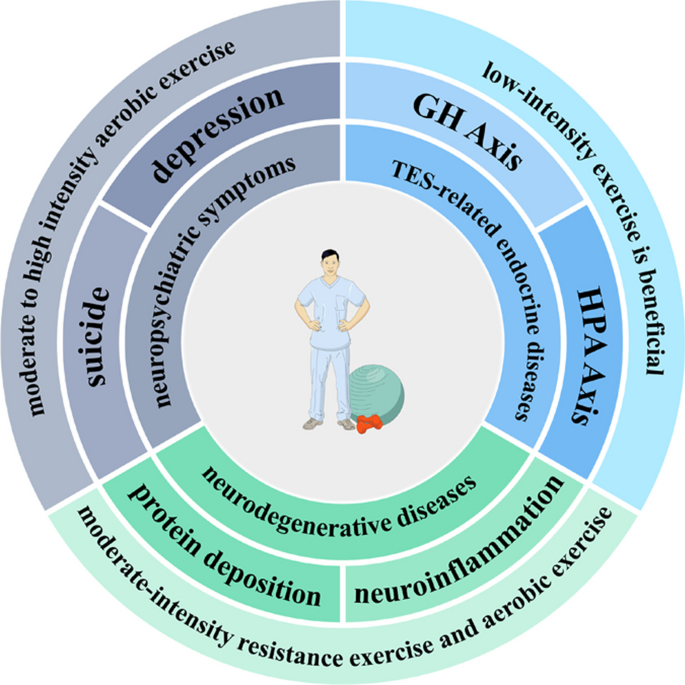The Only Guide for Narconon Africa
The Only Guide for Narconon Africa
Blog Article
Narconon Africa for Beginners
Table of ContentsThe Main Principles Of Narconon Africa Not known Incorrect Statements About Narconon Africa The Facts About Narconon Africa RevealedThe smart Trick of Narconon Africa That Nobody is DiscussingOur Narconon Africa IdeasFascination About Narconon AfricaIndicators on Narconon Africa You Need To Know
In a series of documents with Manudeep Bhuller and Katrine V. Lken, we conquer these data difficulties and the nonrandomness of jail time, offering brand-new understandings into just how incarceration influences relapse, employment, children, and criminal networks - Drug rehab center. Figure 1 Our job research studies the results of incarceration in Norway, a setting with 2 crucial advantagesWe can further link this information to other member of the family, including youngsters and brother or sisters. We have information on co-offending that allows us to map out criminal networks for observed crimes. Second, we can utilize the arbitrary job of criminal cases to courts that differ in their tendencies to send defendants to jail.
Some courts send out defendants to prison at a high rate, while others are much more tolerant. We measure a court's stringency as the ordinary incarceration price for all various other situations a judge manages, after regulating for court and year fixed impacts, which is the degree of random job. This quasi-random job of judge stringency can be made use of as an instrument for incarceration, as it strongly predicts the judge's choice in the existing instance, yet is uncorrelated with other case attributes both by style and empirically.
What Does Narconon Africa Do?
Qualities of prisoners, including demographics and criminal offense classifications, are broadly similar in Norway and other countries, including the United States, with the exceptions that the US homicide price is much greater, and race plays a bigger role there also. What attracts attention as different, especially compared to the USA, is the jail system.
Figure 2In Norway, the typical time spent in prison is a little over six months, which is comparable to most other Western European countries. This contrasts with ordinary US jail time of nearly three years, which is in large part the factor the USA is an outlier in its incarceration rate contrasted with the remainder of the globe [Figure 1]
What Does Narconon Africa Mean?
This supplies far more splitting up in between small and hardened crooks than exists in the USA. There is no congestion in Norwegian prisons and far better personal security, with each detainee being assigned to their own cell and a greater inmate-to-staff proportion than in the USA (https://www.anyflip.com/homepage/wzegw). Prisons in Norway also provide well-funded education, medicine therapy, mental health and wellness, and task training programs
Our research on the impacts of incarceration on the culprit, making use of the random assignment of courts as a tool, yields three key searchings for. First, jail time prevents further criminal habits. We locate that incarceration decreases the probability that a person will reoffend within 5 years by 27 percent points and lowers the corresponding variety of criminal costs per individual by 10 fees.
How Narconon Africa can Save You Time, Stress, and Money.
We locate sizable declines in reoffending probabilities and advancing charged criminal offenses also after accuseds are released continue reading this from prison. Our second outcome is that prejudice because of selection on unobservable specific characteristics, if overlooked, results in the wrong final thought that time invested behind bars is criminogenic. If we simply compare criminal defendants sentenced versus those not sent out to prison, we discover favorable organizations in between imprisonment and succeeding criminal offense.
This stands in contrast to our evaluation based upon the arbitrary project of courts, which locates an opposite-signed outcome. Third, the decrease in criminal offense is driven by people that were not working before incarceration. Among these people, jail time increases engagement in programs directed at boosting employability and minimizing regression, and this inevitably elevates work and revenues while discouraging criminal habits.

Jail time triggers a 34 percent factor rise in participation in job training programs for the previously nonemployed, and within five years their employment rate rises by 40 percentage points. At the same time, the likelihood of reoffending within 5 years is cut by 46 portion factors, and there is a decrease of 22 in the ordinary variety of criminal fees.
Some Known Factual Statements About Narconon Africa

A probable description for the difference is that Norway's prison system differs substantially, both in terms of prison-term length and prison problems, from the US prison system. While understanding the results of incarceration on the transgressor is an essential initial step, catching spillover results is additionally crucial for assessing criminal justice plan and creating reliable prison systems.
The smart Trick of Narconon Africa That Nobody is Discussing

Regular least squares estimates reveal that children of incarcerated fathers are 1 percentage point most likely to be charged with a criminal activity, about a mean of 13 percent, and reveal no impact on college grades. Using our court stringency instrument, we discover no analytical proof that a papa's imprisonment impacts a kid's very own criminal activity or college grades, but we are not able to rule out modest-sized impacts.
The 4-Minute Rule for Narconon Africa
We specify criminal groups based upon network links to previous criminal situations. Our evaluation yields three main findings. When a criminal network participant is put behind bars, their peers' probability of being charged with a future crime decreases by 51 percent points over the following four years. Having an older brother jailed lowers the probability his younger bro will certainly be billed with a crime by 32 percent points over the following four years.
Report this page